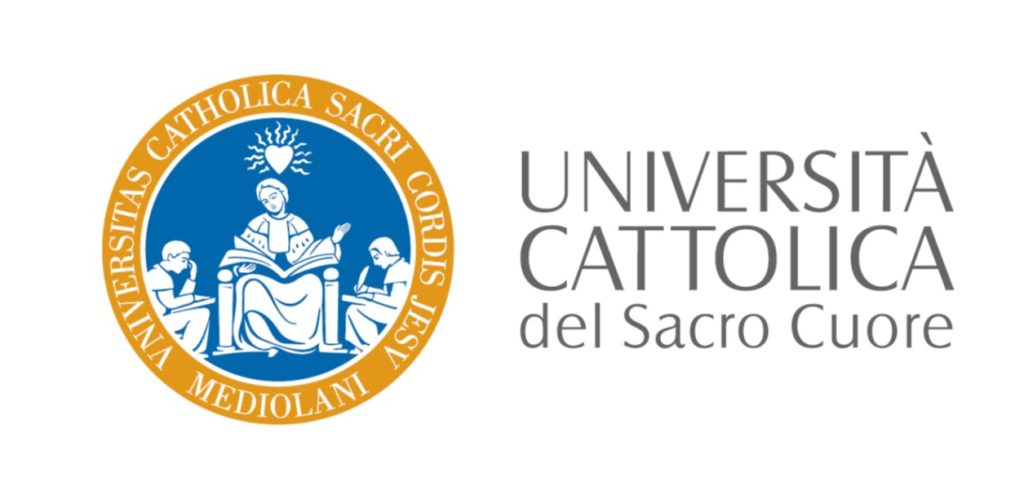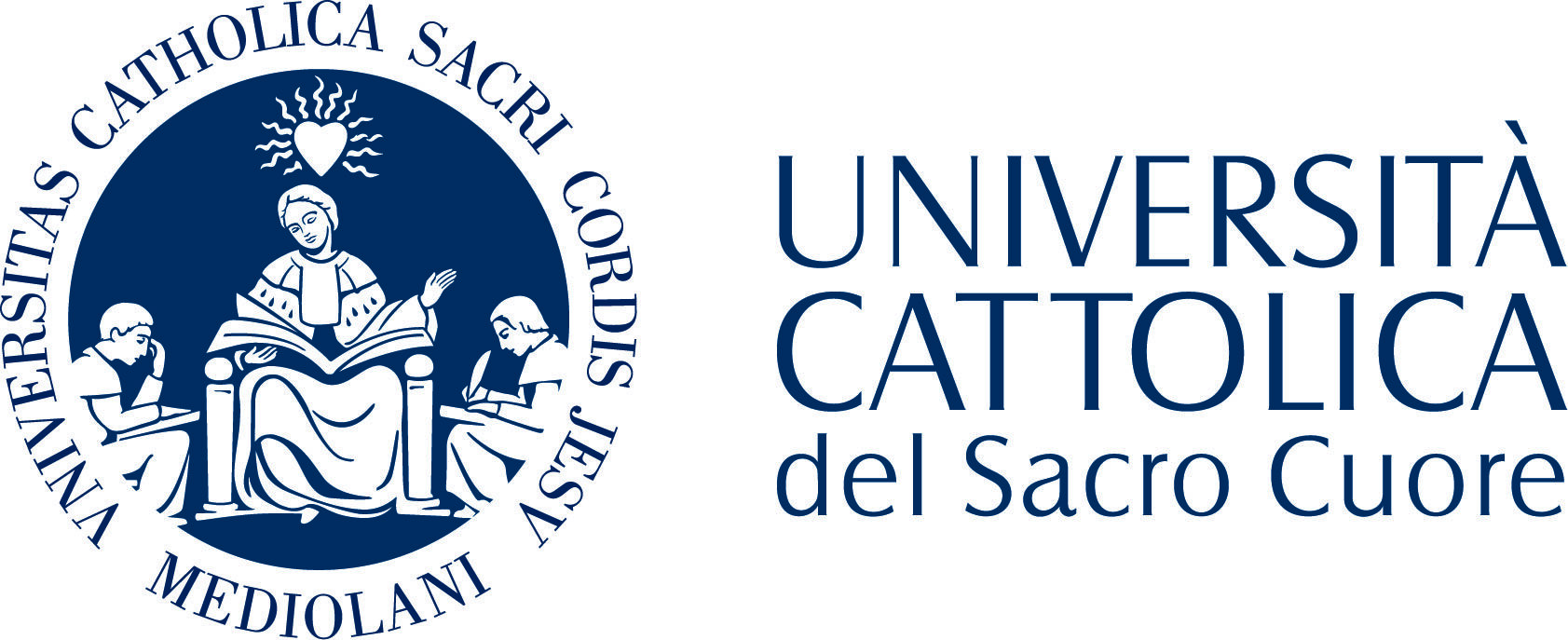
Scientific Board:
Naures Atto (University of Cambridge), Paola Barretta (Associazione Carta di Roma – Osservatorio di Pavia), Nadia Bellardi (Community Media Forum Europe), Nico Carpentier (Charles University – Prague), Sabine Hess (University of Goettingen), Judith Keilbach (Utrecht University), Pierluigi Musarò (Alma Mater Università degli studi di Bologna), Tim Prentki (University of Winchester), Guglielmo Schininà (IOM – UN migration).
Confirmed Keynote Speakers:
Naures Atto, University of Cambridge
Laura Corrado, Legal Migration and Integration Unit in DG HOME – European Commission
In the context of the migrant and refugee crisis, the EU Member States and the European Union itself have recently demonstrated sensitivity toward exploring the ways in which media, the arts and performative practices are able to both facilitate intercultural dialogue among migrant and host communities – thereby empowering their participation in social life –, and to promote cultural diversity (different ethnic, cultural, religious and linguistic backgrounds and heritage) within European societies. Indeed, different “liberal” and “applied” arts (film, theatre & performance, photography, crafts, architecture, design, etc.) as well as emerging cross-media forms (interactive and social media, games, street art, circus and performative practices, etc.), have a pivotal role to play in this direction. In a nutshell, “artistic and cultural expressions can help us to communicate with each other, in an immediate manner, and allow us to understand our similarities as well our differences, in an area where we must also resolve disputes “ (Report How culture and the arts can promote intercultural dialogue in the context of the migratory and refugee crisis, 2017, p. 10).
Despite this high potential for opening new perspectives on EU societies based on integration and a willingness to engage in dialogue, these guidelines seem mostly unexplored and little discussed within the academic communities – primarily focused on the current regime of representation of migrant people and newcomers. Moreover, it can hardly be disregarded that a practical implementation of these guidelines faces many difficulties: national cultural policies affect cultural productions by institutionalizing the process of othering through rhetorical discourses and hegemonic representations; the projects and practices in this field are often vital but fragmented and poorly reciprocally connected (also due to their strong roots in specific areas and territories); the skills and professional figures associated with these processes are poorly defined and have no particular training centres; and finally, the evaluation methods of the initiatives are different and lacking consolidated protocols. The combination of all these factors produces a fundamental weakness in a sector that in any case, remains extremely lively and promising.
On this basis, and within the framework of a research program that the UCSC’s Department of Communication Sciences and Performing Arts has been developing over the last two years (Migrations / Mediations. Media and performative arts as tools for the intercultural dialogue: https://www.migrations-mediations.com/), this International Conference intends to gather academic and independent researchers, artists, cultural providers, public and private funders, and policymakers – both at a local and at an international level – with the aims to:
- Reflect on the role of media, arts and culture in the management of policies devoted to migration phenomena, also on the basis of an exchange of best and worst practices;
- Focus on the ways and the degrees in which media, arts and culture have been considered as critical tools for intercultural dialogue by policymakers, at different levels (local, national, European).
- Draw attention to the ways through which artists and cultural providers can create and develop models of action in territories oriented toward bringing host populations into contact with migrants and refugees, as well as to empower newcomers themselves by offering a space for dialogue and a basis for voice-attaining and self-organising;
- Empower the professional figure of the cultural provider in contexts of intercultural and shifting societies, by defining its skills, methods of work, and formation paths.
- Develop a specific set of tools and a methodology to assess the social, cultural and economic impact of intercultural dialogue activities through arts, media and culture. Along with quantitative indicators of success, such as counting audiences reached or scoring intercultural stakeholders included in the action, it is worthwhile to elaborate new models of evaluation for the measurement and assessment of the efficiency and effectiveness of such projects.
On these bases, we invite abstracts on any of the following topics.*
- Practices of empowerment of intercultural dialogue through media, arts and performative activities.
- Networks (formal and informal) with publicly-funded cultural organizations, civil society and other stakeholders.
- Employment opportunities for migrants in cultural and creative industries.
- Comparisons between the approaches of public and private media.
- The role of immigrant/diaspora/minority media.
- Participatory media and arts projects devoted to working directly with refugee and migrant groups in socially engaged practice.
- Audience development strategies aiming at promoting cultural diversity.
- Practices and experiences in assessing projects in the field of intercultural dialogue
- Fundraising creative projects to support intercultural dialogue and migrants
- The formation of cultural providers and the role of intercultural dialogue professionals in supporting cultural and artistic projects for the integration of refugees and migrants.
* Please note, this is not an exhaustive list of topics, and we will review any abstracts related to the media and migration/immigration/multiculturalism and related topics. Especially welcome are submissions rooted in media studies, visual, performative and cultural studies, critical data studies, postcolonial studies and from scholars who build bridges between academia, policy, public and private funding, media system, arts and public debate, and stakeholders’ networks.
The deadline for the submissions is 1 February 2020. Interested contributors should send a 300-500 word abstract and a short biographical note at the following e-mail address: migrations.mediations@unicatt.it. The accepted proposals will be notified by 15 February 2020. The languages of the conference are Italian and English (the latter is preferred).





